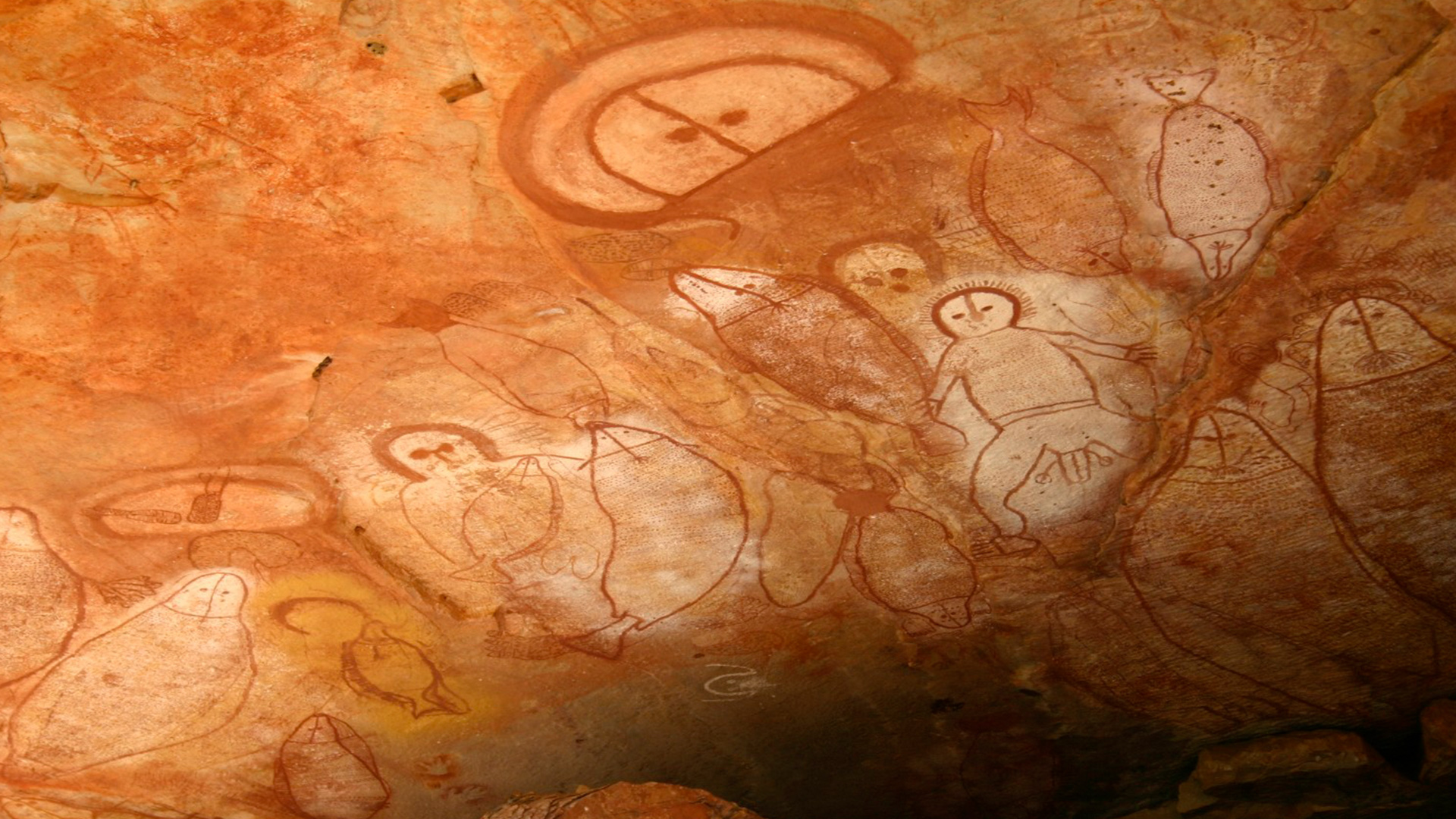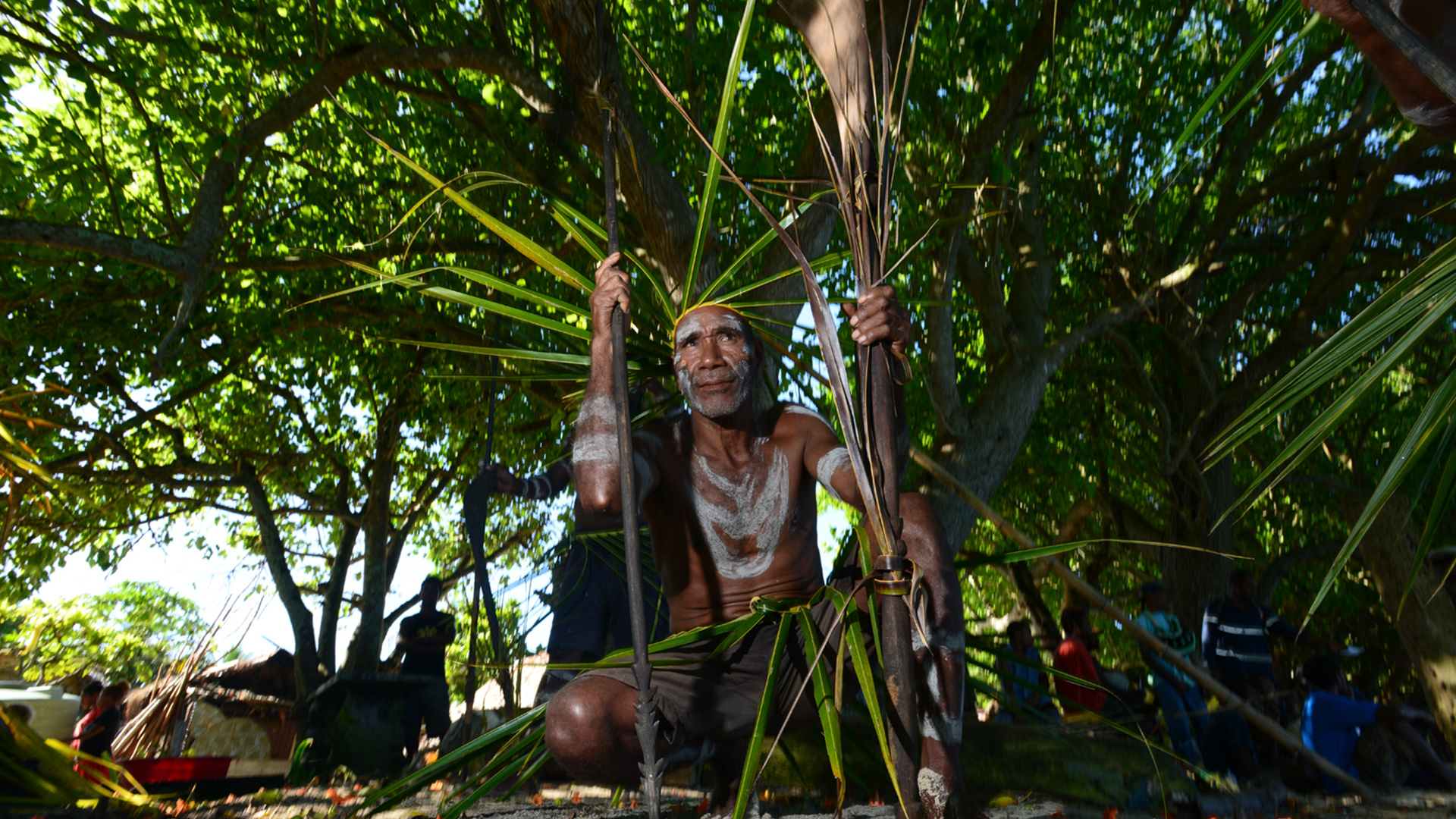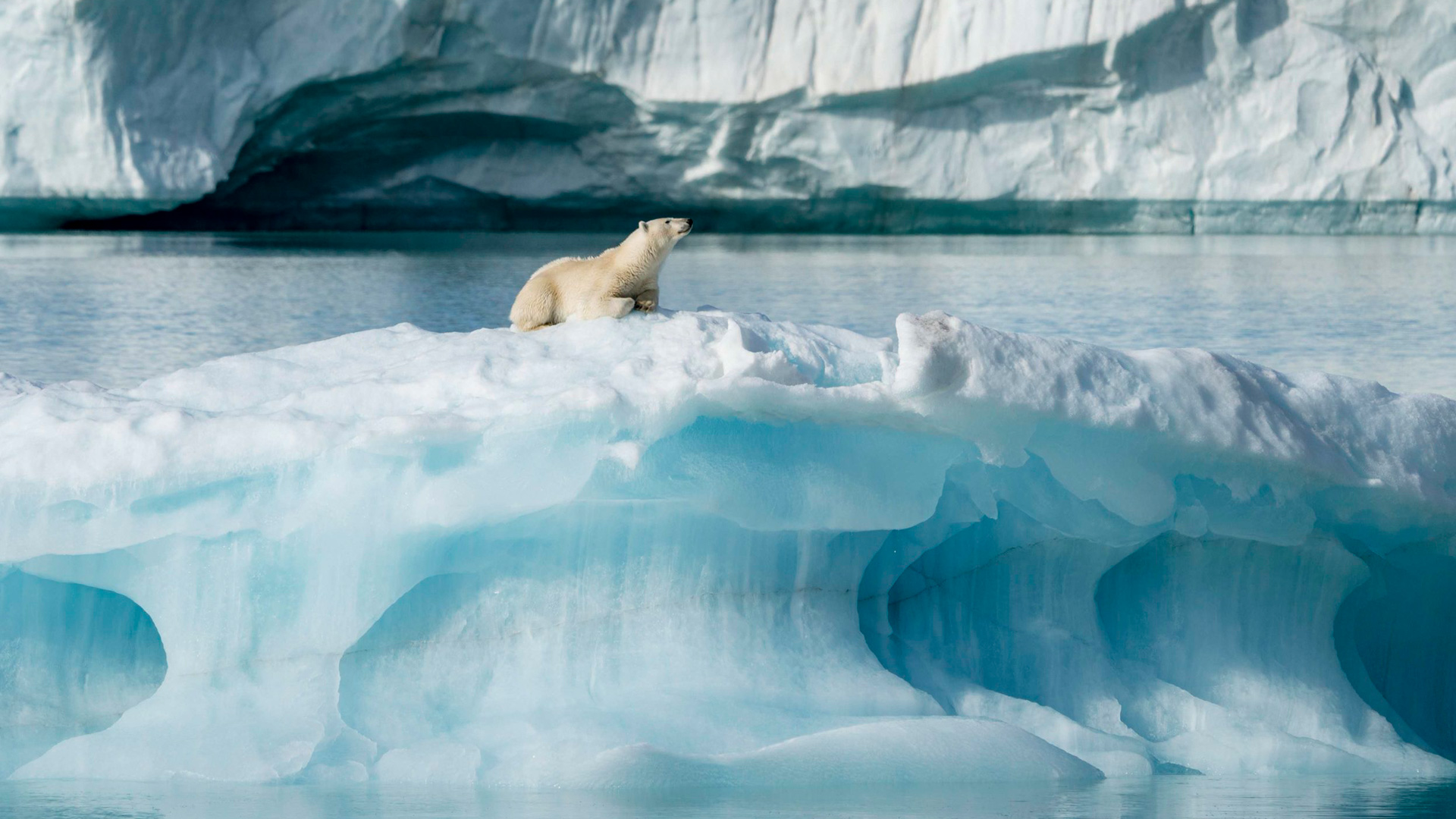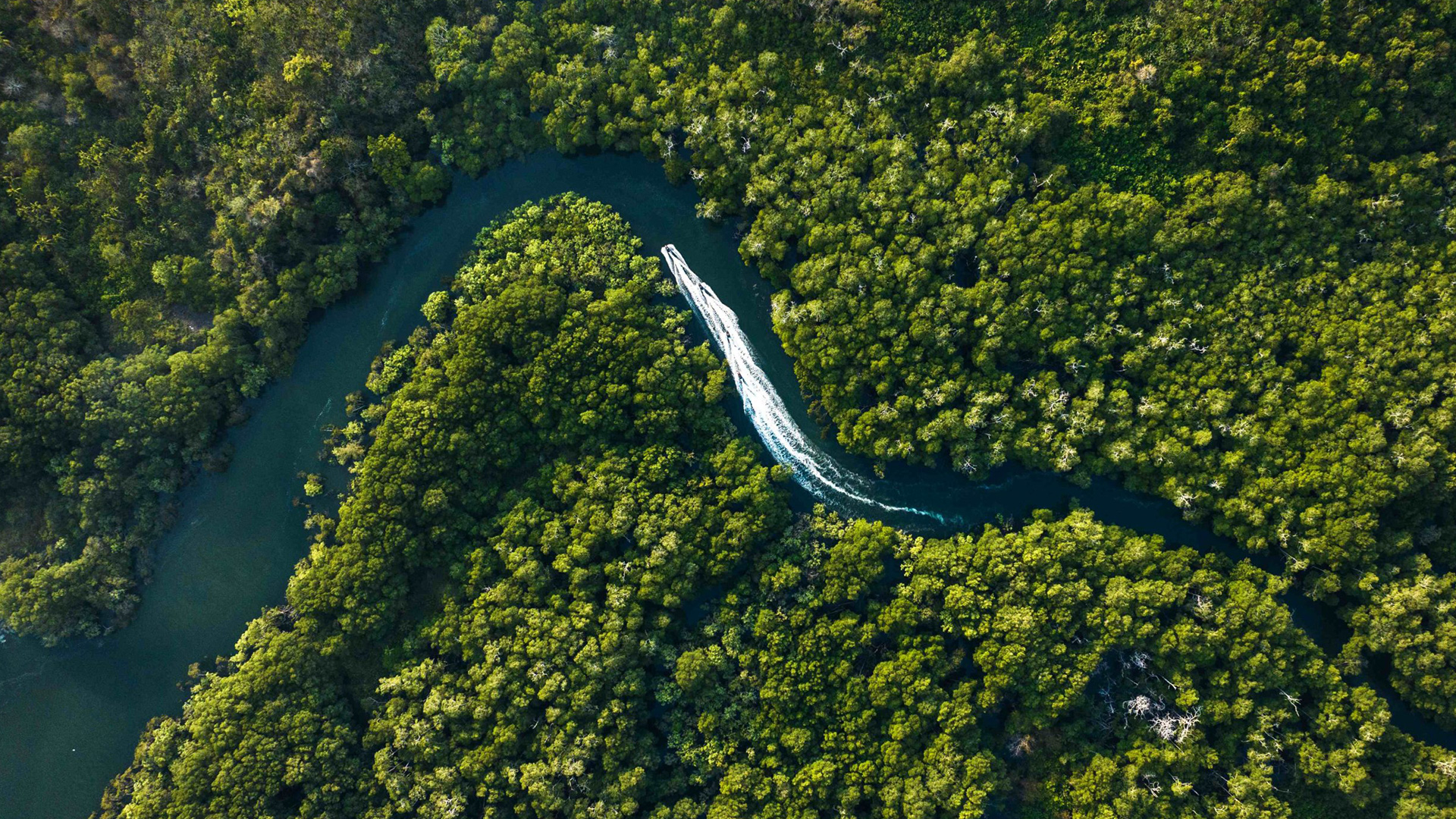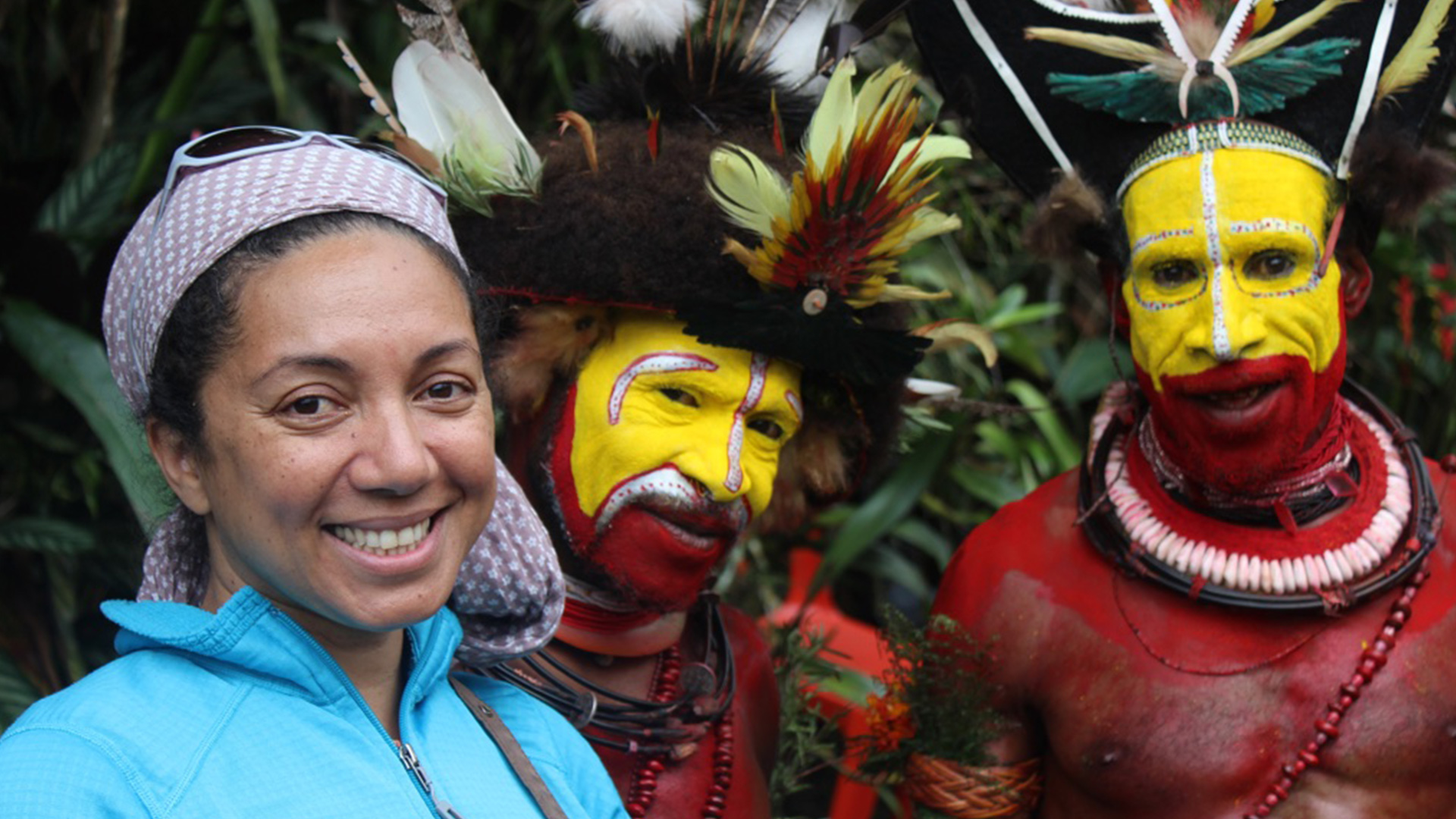On the International Day of Indigenous People, we are reminded of the rich tapestry of cultures and the wisdom passed down through generations of indigenous knowledge.
Every culture is a unique answer to some fundamental questions: what does it mean to be human and how do we interact with the world in which we live? Around the globe, innumerable ways of life and deep ecological knowledge have sprung from the different approaches to these questions. In a world of ever-increasing modernization and globalization, it is our collective responsibility to learn, understand, and protect the wisdom of these indigenous cultures. As we celebrate the International Day of Indigenous People, embark with us on a journey through the landscapes of Greenland, Southeast Alaska, Papua New Guinea, Polynesia, Melanesia, and the Kimberley to understand the profound importance of indigenous knowledge and its enduring impact on our global heritage.
Canadian High Arctic: Where Ice and Culture Converge
In the pristine expanse of the Canadian High Arctic and the Northwest Passage, the Inuit people have mastered the art of survival in one of the world’s harshest environments. Their profound knowledge of ice and snow not only aids in their daily life but also offers crucial insights into understanding climate change. Their wisdom of navigation, animal tracking, and ice formation has been passed down through generations, becoming a living repository of knowledge, fostering a deep connection between culture and nature.
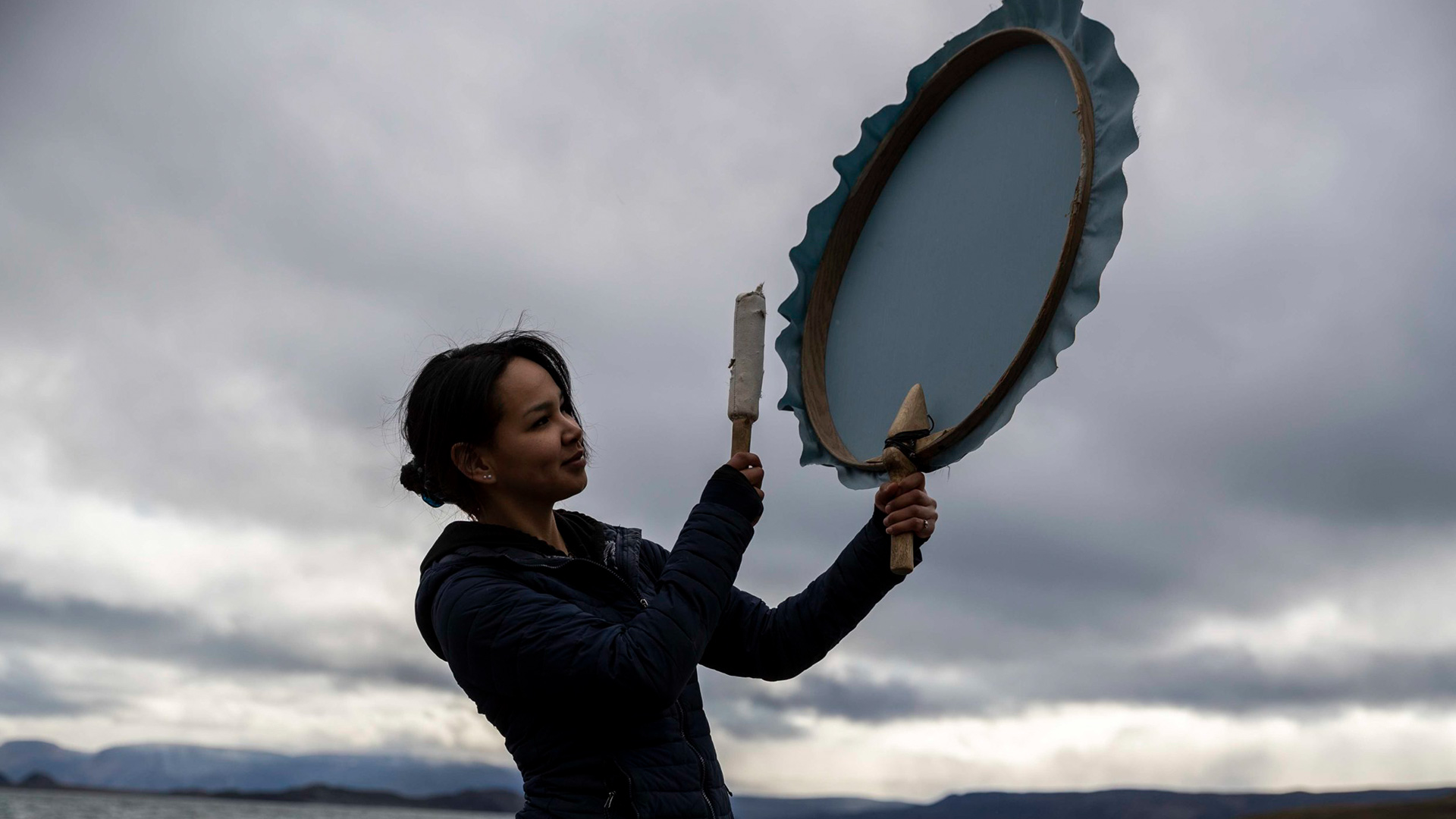
Southeast Alaska: Tribes of the Totem
Venturing to Southeast Alaska, we encounter the Tlingit, Haida, and Tsimshian tribes whose artistry in totem carving and storytelling unveils a tapestry of cultural heritage that is deeply intertwined with the temperate rainforest. Their knowledge of the region’s abundant food sources, the flora’s homeopathic remedies, and sustainable resource management ensures a harmonious coexistence with the environment. The tribes’ spiritual ties with the land, sea, and wildlife serve as a powerful reminder of our interconnectedness with and dependence on nature, teaching us to tread lightly on the Earth.
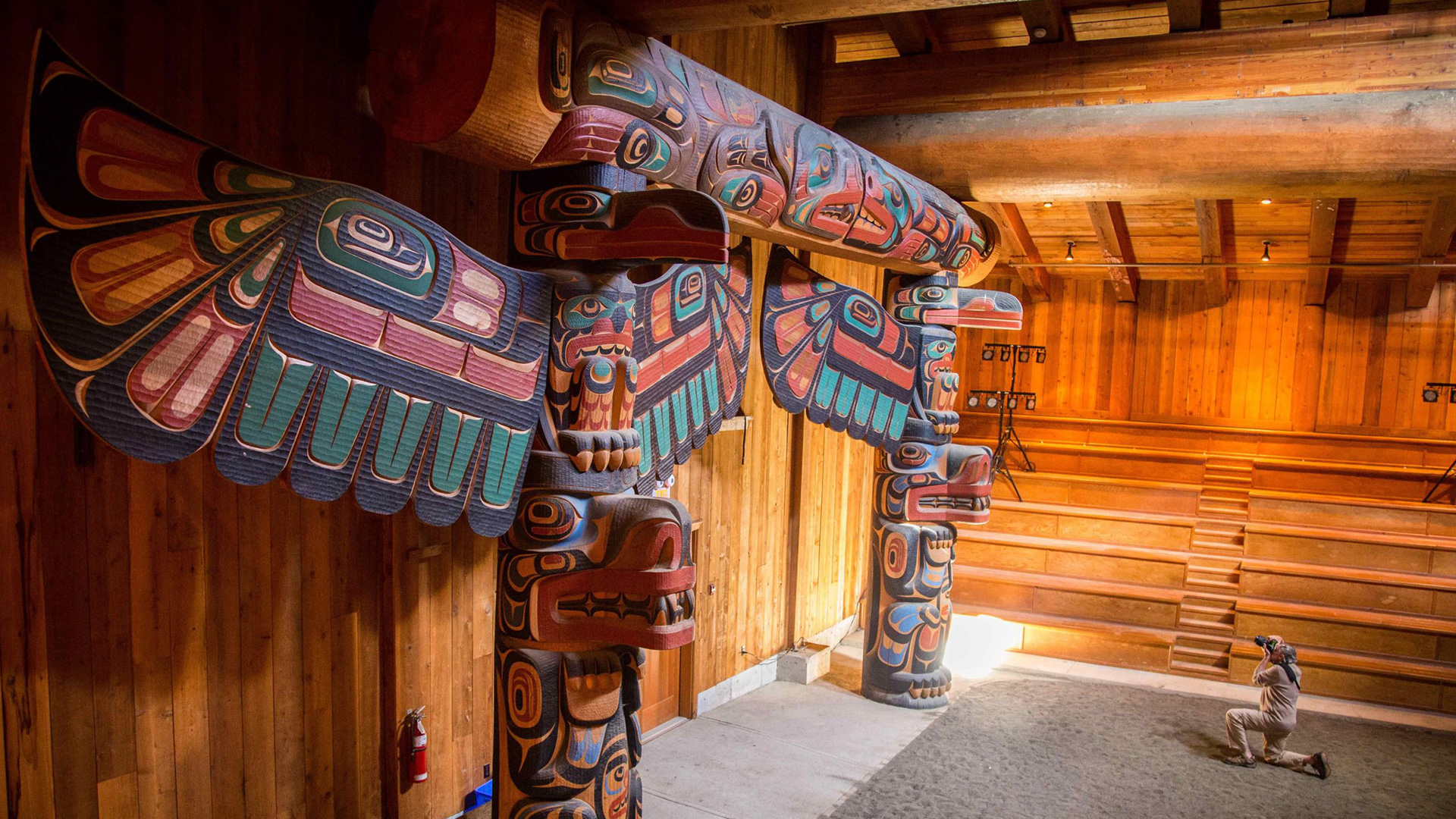
Papua New Guinea: Biodiversity and Indigenous Wisdom
In the lush jungles of Papua New Guinea, a treasure trove of biodiversity, various indigenous groups thrive in harmony with their surroundings. These communities possess an intimate understanding of the medicinal properties of plants, unlocking nature’s secrets to healing and well-being. Their traditional agricultural practices, like permaculture and agroforestry, exemplify sustainable food production methods that are crucial in our pursuit of ecological balance.
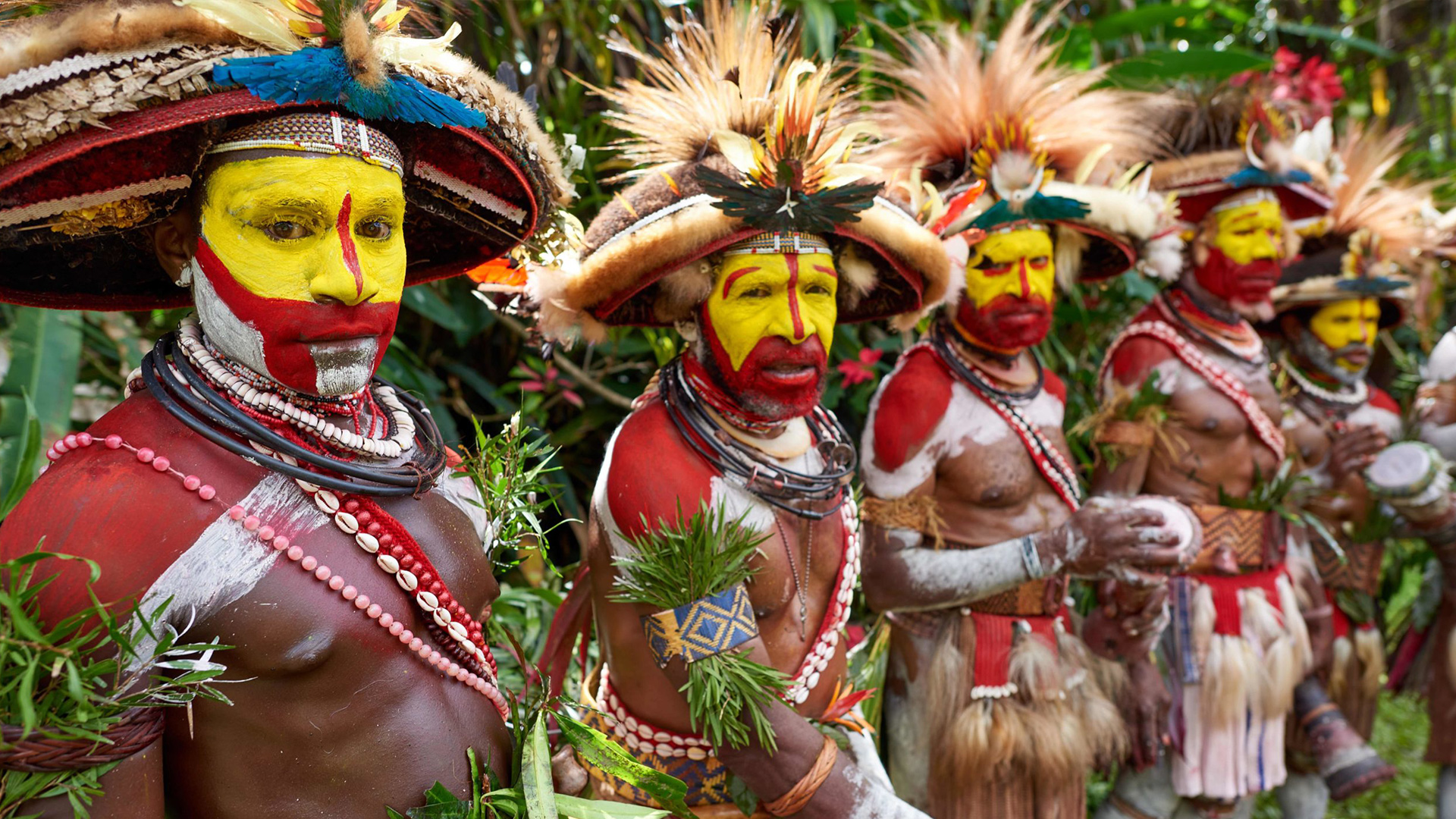
Polynesia: Voyaging Across the Seas
Sailing through the many islands of Polynesia provides an opportunity to we delve into the extraordinary navigation skills of the wayfinders. Their ancient art of navigating, using stars, ocean currents, and bird behavior to traverse vast distances and “pull islands” from the horizon, has guided them across the Pacific and around the world for centuries. This profound understanding of the ocean has been instrumental in marine conservation efforts and showcases the significance of indigenous knowledge in preserving our oceans.

Melanesia: Art, Rituals, and Deep Connections
Stepping into the diverse world of Melanesia, we encounter vibrant cultures that embrace elaborate art, music, and ritual practices. Their knowledge systems are deeply intertwined with spiritual beliefs and ecological stewardship. From elaborate mask-making to sustainable hunting practices, their customs reflect a profound respect for the land, its resources, and the beings that inhabit it, offering valuable insights into preserving cultural heritage and ecological balance.
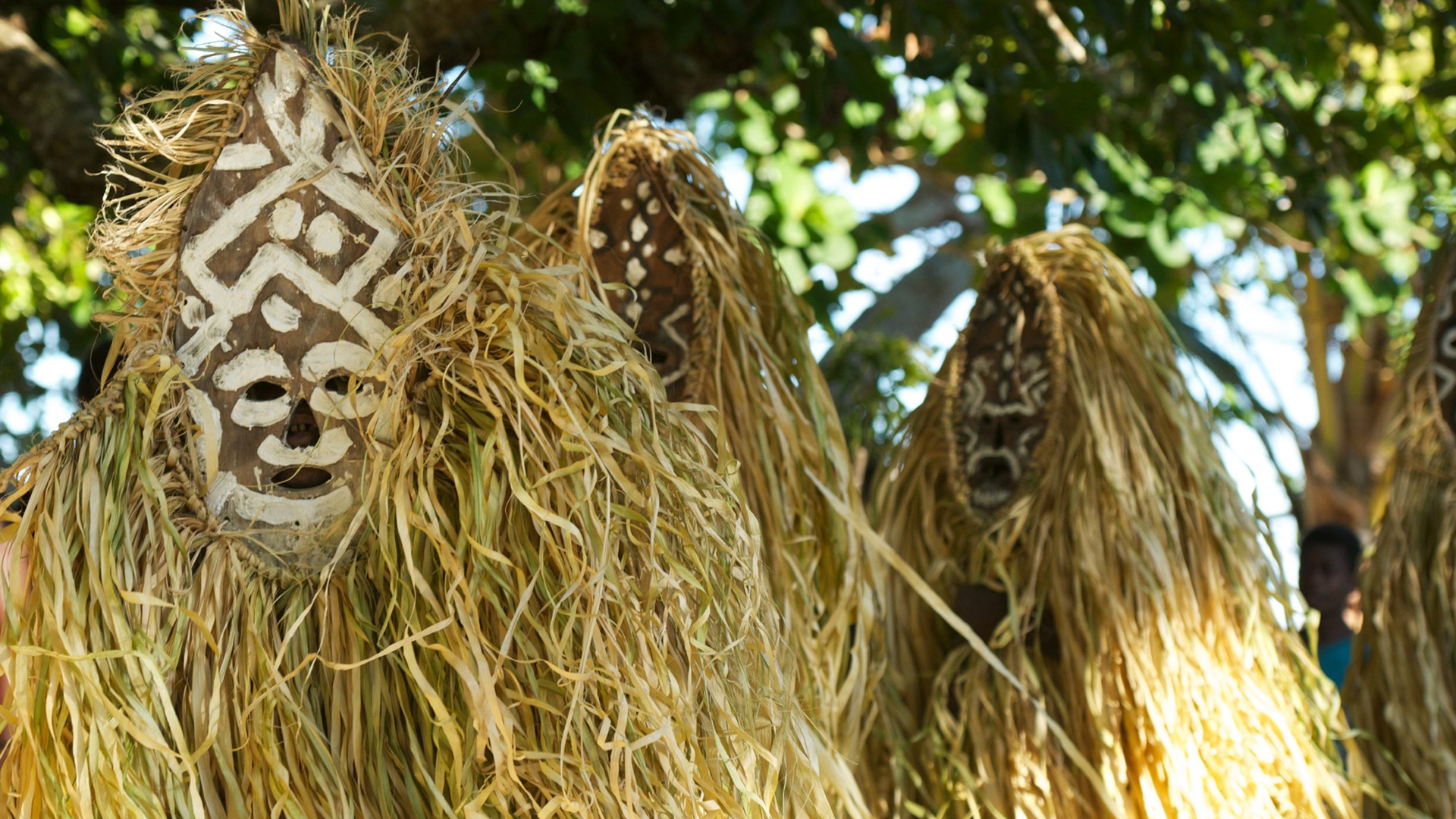
The Kimberley: Rock Art and Environmental Custodianship
Journeying to the rugged landscapes of the Kimberley in Australia, we learn stories of the Aboriginal communities, custodians of ancient rock art. These intricate art forms not only depict their cultural stories but also offer a timeline of the region’s ecological history and Dreamtime. The indigenous knowledge embedded in these rock formations aids in understanding both past climatic patterns and deep anthropology. Together both can help to inform modern-day environmental conservation.
